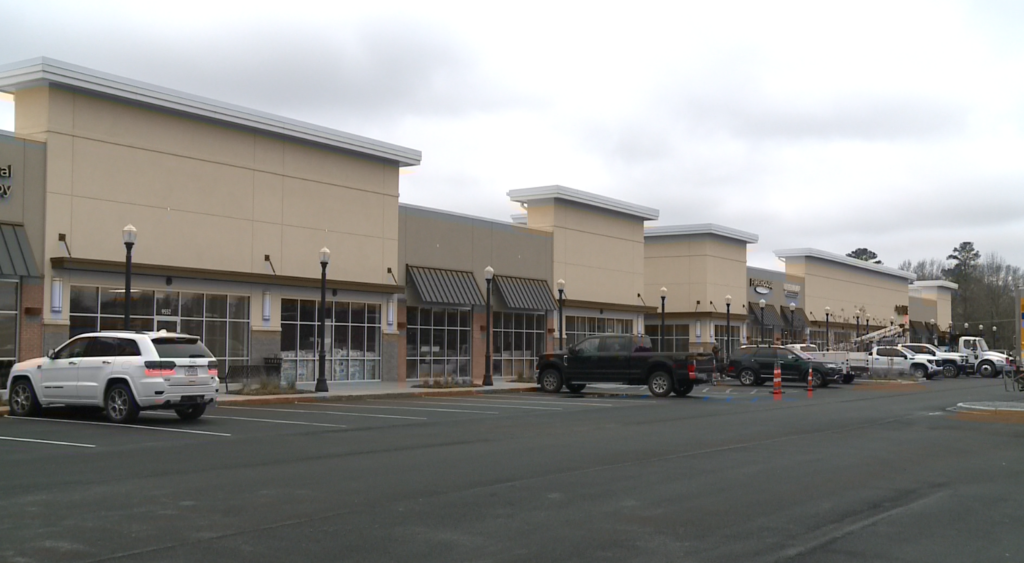Invasive Grass Threatens Cattle Farms and Timberlands
From the West Alabama Newsroom–
An invasive grass is spreading across Alabama — threatening two of the state’s biggest agricultural resources.
Cogongrass is an invasive species of grass — that’s spreading throughout Alabama — threatening the well-being of livestock — and timberlands.
 “One of the top ten most invasive plant species in the world,” said David Russell with Alabama Extension Office.
“One of the top ten most invasive plant species in the world,” said David Russell with Alabama Extension Office.
“And I believe we’ve got 200,000 acres across the state of Alabama that’s infested with cogongrass.”
The grass spreads like wildfire. But fire can’t kill it.
“We can’t graze it to control it, we can’t disc it to control it. Mowing doesn’t have any effect. And actually fire actually promotes it. So we can’t burn it out,” Russell said.
Left unchecked the damage cogongrass could potentially cause to state agriculture could be devastating.
“The big sectors of agriculture where cogongrass affects the most are our forage pasture. Our cattle markets and livestock areas. Pine plantations,” said Russell.
 “If its growing in a pasture that limits the amount of pasture acres. If it’s growing there cows won’t eat it. It will continue to grow. And it will eventually takeover the pasture,” said Cedric Hudson with the Alabama Forestry Commission.
“If its growing in a pasture that limits the amount of pasture acres. If it’s growing there cows won’t eat it. It will continue to grow. And it will eventually takeover the pasture,” said Cedric Hudson with the Alabama Forestry Commission.
” If it’s in forest land it’s going to grow and take up all the nutrients from the trees causing trees to die and stress out. And it’s going to eventually takeover the forest stand. So, it’s very important that we get control of this. And manage this quickly,” said Hudson.
A workshop to raise awareness and spread the word about cogongrass — was held Friday at the Black Belt Research and Extension Center.
Cattle farmer Blake Willis says he’s been battling an infestation of the weed in his hay field for the past few years.
“It’s been a battle and it’s hard to win. I found out today that some of my practices that we’re doing weren’t the best. And so, I’m hoping to be a better person at it, control it a little bit better in the future,” Willis said.
If you suspect that you have an infestation of cogongrass on your property — contact your local Alabama Forestry Commission — or Extension Office.






